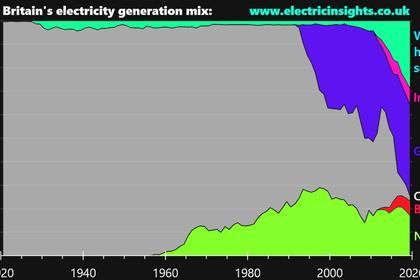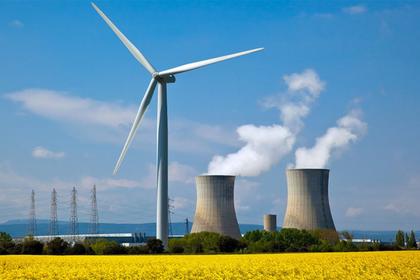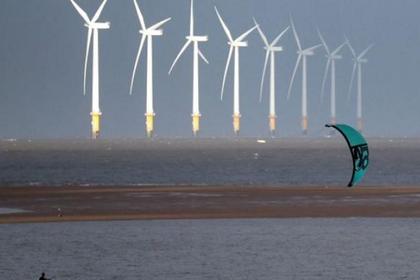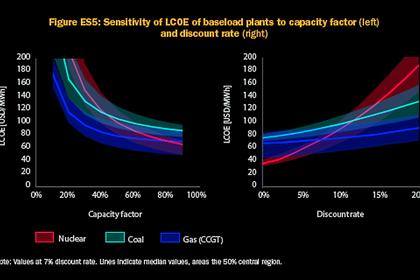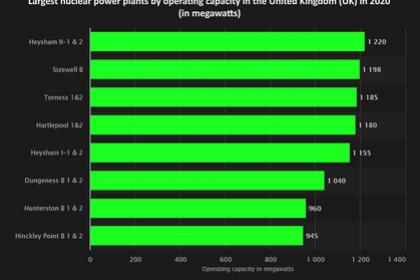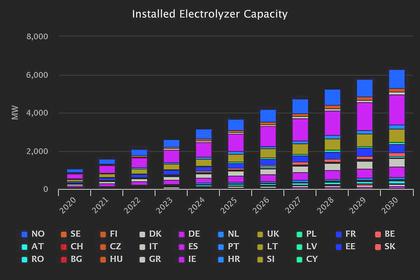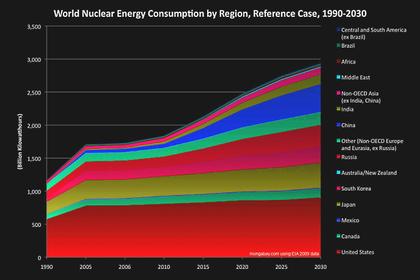
BRITAIN NEED NUCLEAR POWER
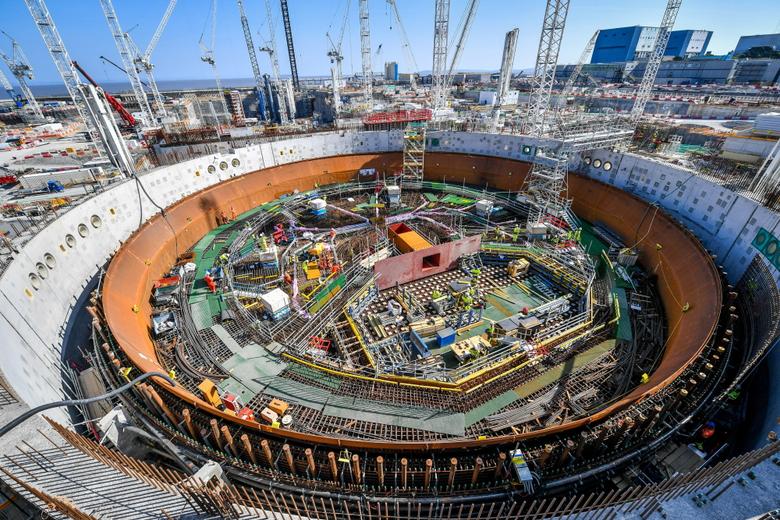
WNN - 21 January 2021 - The UK government must continue to support nuclear power generation if the country is to meet an expected doubling of electricity demand by 2050 while meeting its Net Zero ambitions, according to a new report from the Centre for Policy Studies (CPS). The think tank recommends the government explore innovative financing methods for the construction of new nuclear power plants.
In its report - Bridging the gap: The case for new nuclear investment - CPS says the construction of at least one additional nuclear power plant would provide a significant boost to the UK's energy security while its older plants are decommissioned over the coming years. The new plant would complement Britain's booming renewables portfolio and help to manage periods of variability, it suggests.
The UK will have retired 14 of its 15 currently operating nuclear reactors by 2030, the report notes. This translates to a loss of 7.7 GW of reliable, zero-emission generating capacity. The construction of Hinkley Point C in Somerset will replace some of the shortfall (3.2 GW), but "there is a risk that without more capacity, the UK will have to prolong its dependence on fossil fuels - which would exacerbate climate change."
The construction of another nuclear power plant would also retain the existing pipeline of skills and expertise which will be required to develop future nuclear technologies, such as small modular reactors (SMRs) or fusion reactors, according to the CPS study.
The government has indicated its desire to help bring at least one large-scale nuclear plant to the point of Final Investment Decision by the end of the current parliament. However, the study says this will require a change in how nuclear power plants are financed. "The nuclear industry does not believe the current arrangements are suitable for attracting the sums of capital they need to get projects off the ground," it says.
To support the development of new nuclear plants, the report recommends exploring innovative financing methods - such as the Regulated Asset Base model - which would allow developers to charge consumers a set amount before electricity generation commences. CPS says this could cut borrowing costs and lead to cheaper energy prices for families and businesses.
The report makes five broad recommendations. These include the government introducing a carbon tax to discourage the emission of CO2 and incentivise people and businesses to adopt greener ways of operating. Meanwhile, it should seek to remove green regulations, schemes and subsidies which distort economic decision making. The UK government should also improve the business environment to promote innovation. In addition, it should adopt single Equivalent Firm Power auctions to ensure the grid has adequate supply of electricity when consumers need it. Lastly, the government must modernise regulations for the nuclear industry.
"For too long, Britain's energy system has been plagued by indecision, and a lack of forward thinking. The consequences of this are showing up in sharp relief today," the report says. "The government has mapped out a bold, big-picture vision for how the energy will work in the future. But it needs to start the process of making that a reality, while dealing with its most pressing problem - ensuring there is security of emissions-free supply which can keep the lights on without further heating up the planet."
The study, supported by EDF Energy, was written by Eamonn Ives, a researcher who specialises in energy and environment policy at the Centre for Policy Studies.
-----
Earlier:
